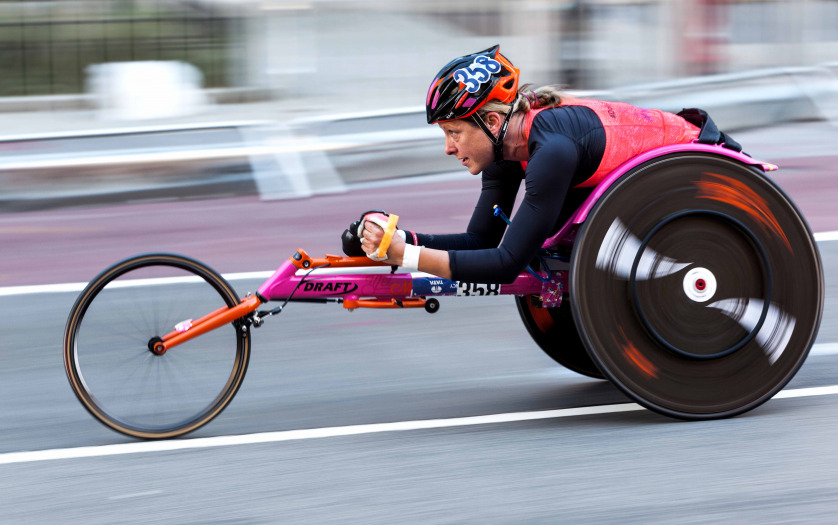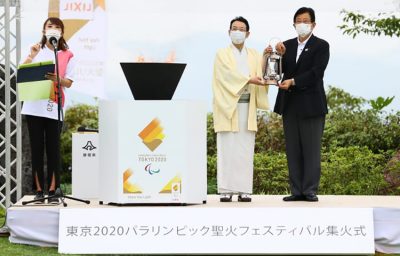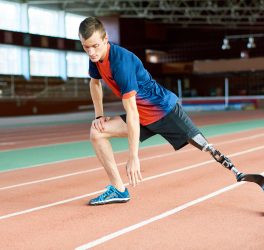
Tokyo’s 2020 Paralympics promises to be a sporting spectacle that thrills and excites, showcasing the very best in Paralympic sport. However, looking at the legacy of London 2012 it is unlikely to inspire more people to take part in sports writes Christopher Brown from the University of Hertfordshire.
Mega sporting events do not automatically increase participation in sport. A systematic review of the evidence found mega sporting events unable to inspire sports participation on their own. Instead, the Paralympic Games and other mega sporting events must be “leveraged”. In other words, organisers and organisations need to strategically supplement the event with planned initiatives encouraging sports participation, he says. The problem is that hosts often assume the event will bring about increased sport participation but fail to capitalise on the event.
The Paralympics is, first and foremost, an elite sports event. Elite sport, by its very nature, discriminates on the basis of ability – only the best is acceptable. It’s questionable whether this is the best way to engage people in sport. There’s no doubt the Paralympics can be inspirational for some people, but its appeal and potency are not for everyone.
The problem with inspiration is its intangible quality. How to turn inspiration into habits and concrete change? Trading on inspiration also fails to appreciate wider obstacles and barriers preventing Disabled people from participating in sport and society. The Paralympic Games do not represent the diversity of disability and is not a substitute for educating individuals on the lived experience of disabled people. In fact, the Paralympic Games may propagate stereotypical narratives on disability, causing more harm than good, concludes Christopher Brown.




